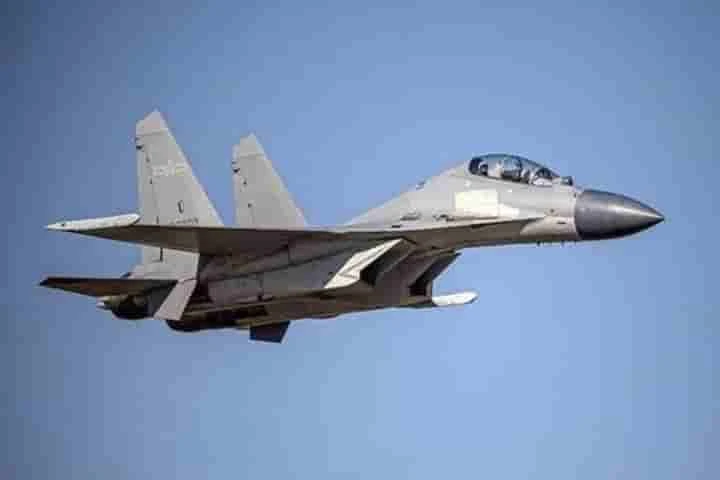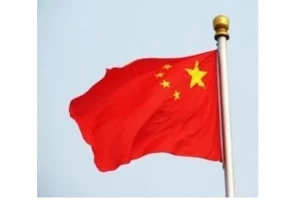Taiwan on Saturday said dozens of Chinese fighter jets have flown into its air defence zone in the last two days in what is turning out to be the largest intimidatory incursion by Beijing until now.
Taiwan's defence ministry said as many as 20 warplanes flew through on Saturday. This follows the 38 planes, including nuclear-capable bombers, that had entered the area in two waves on Friday.
"China has been wantonly engaged in military aggression, damaging regional peace," Taiwan Premier Su Tseng-chang told reporters on Saturday.
Beijing is stepping up military activities around the island, which it views as Chinese territory. It has never ruled out the use of force to bring democratic Taiwan under its control as it views the island as a breakaway province. Taiwan, however, considers itself a sovereign country.
The government in Beijing – which is marking 72 years since the founding of the People's Republic of China – has so far made no public comment.
But it has previously said such flights were to protect its sovereignty and also targeted "collusion" between Taiwan and the US.
In a statement on Friday, Taiwan's defence ministry said 25 People's Liberation Army planes entered the south-western part of the air defence identification zone (ADIZ) during daylight hours, flying near the Pratas Islands atoll.
This was followed by a second wave of 13 Chinese aircraft in the same area on Friday evening. They flew over waters between Taiwan and the Philippines.
Taiwan responded by scrambling its jets and deploying missile systems.
Taiwan is aware that its giant neighbour poses a major threat and can even "paralyse" its defences. However, it is determined to preserve its independence.
Meanwhile, Taiwan President Tsai Ing-wen is going in for strengthening the island’s own defences, building up its domestic defence industry and buying more equipment from the United States, Taiwan’s most important arms supplier and international backer. Neighbouring Japan is also a strong supporter of Taiwan.
Also read: China out to scuttle Taiwan’s move to join trans-Pacific trade pact




















